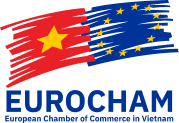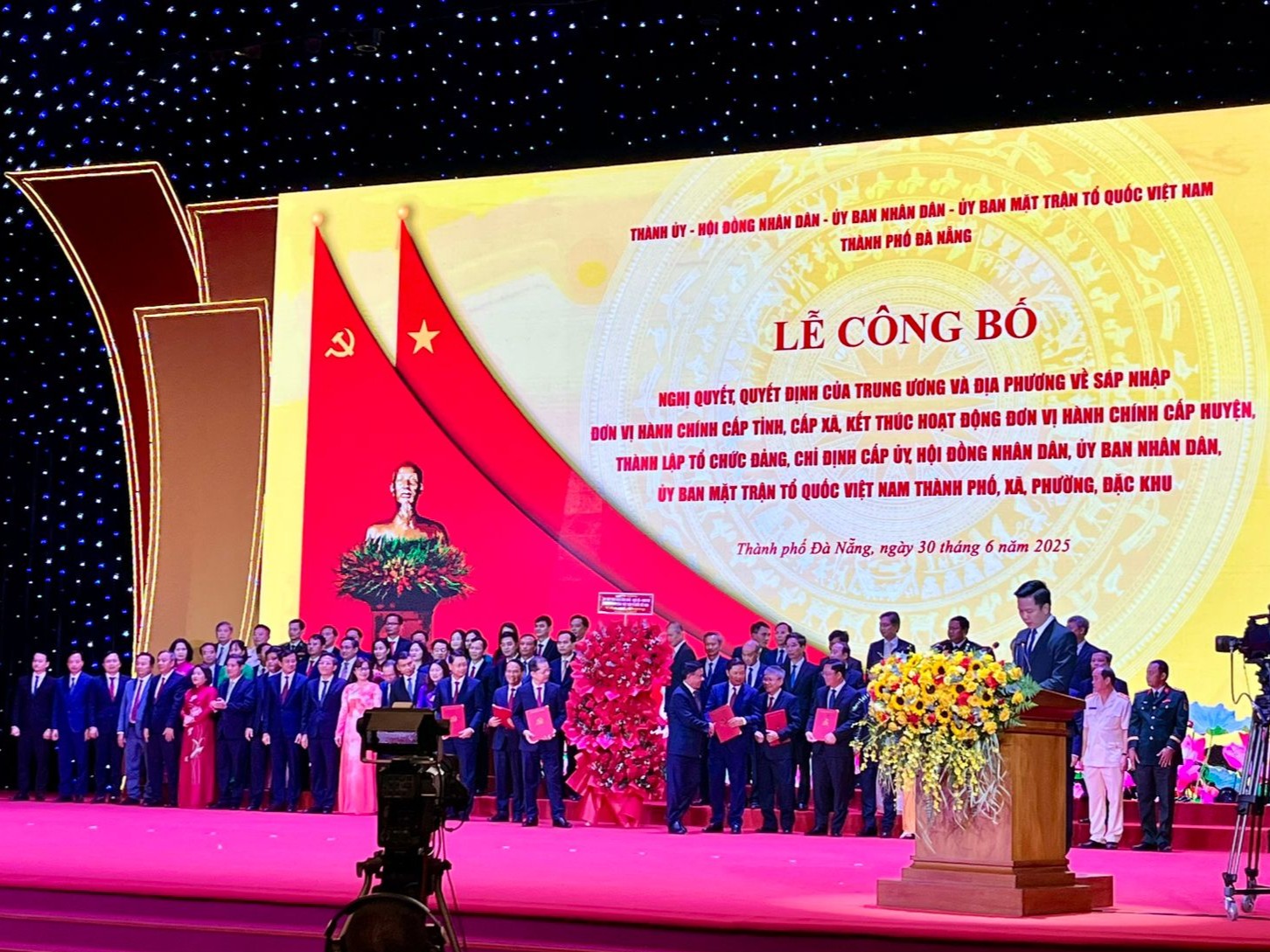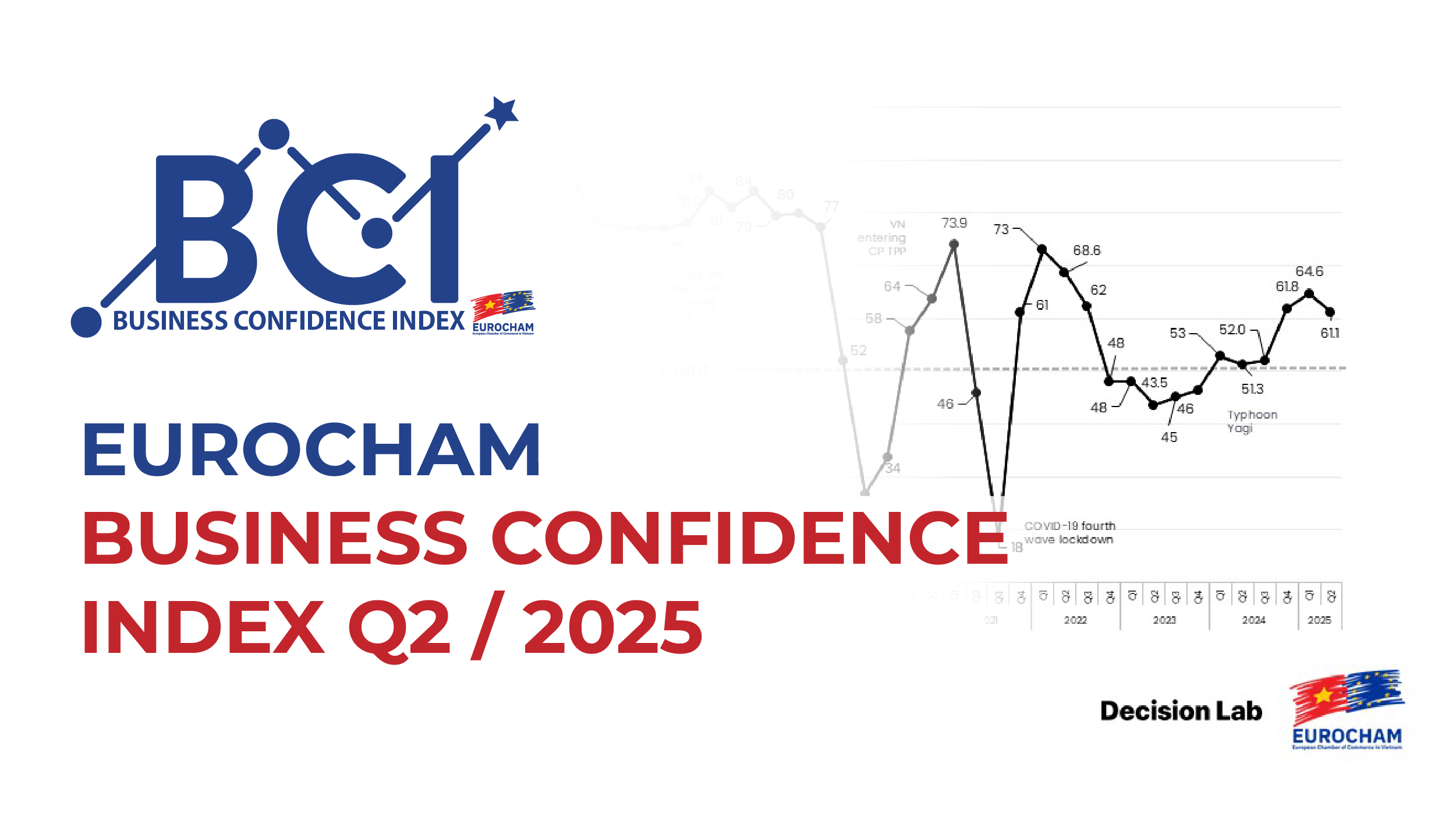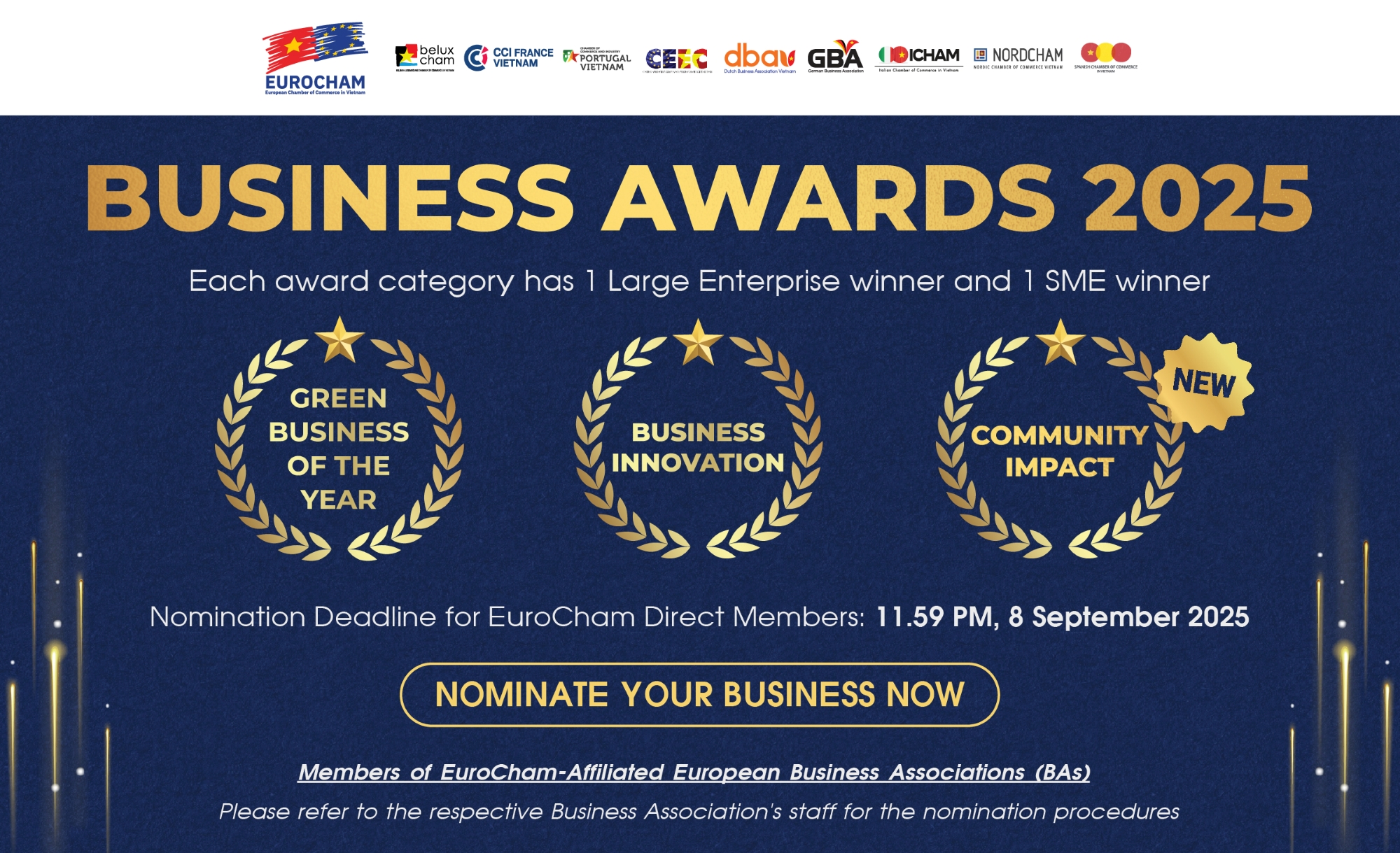EuroCham joined forces with the International Organization for Migration to promote its new initiative CREST.
CREST aims to provide companies with tools so that they may ensure that their operations, from supply chain to topline, are free of slavery and human trafficking risks, regarding both cross-border and domestic migrants.
EuroCham members are free to contact CREST (contact below), in order to understand better the conditions that apply to them and benefit from a tailor-made consultation and activity plan.
How Business Can Drive Change for Eliminating Modern Slavery In Supply Chains
Modern day slavery remains a major challenge for businesses around the world. The majority of the 25 million victims of forced labour are working in the private sector.[1]
Four out of every 1,000 people are victims of forced labour are found in the Asia-Pacific region across multiple sectors. They are making the clothes we wear, harvesting the food we eat and producing the goods we take for granted in our everyday lives. Many of these victims are migrant workers, who leave their homes to travel to large cities, industrial zones and across national borders in search of better employment.
Risks of Modern Slavery in Supply Chains
Through international standards and new globally binding legislation, companies are held accountable for modern slavery and labour abuses occurring along their whole chain of operation. Failure to do so can lead to reputational damage, financial losses, and possible legal action.
Importantly, investors, international clients and consumers increasingly expect companies to demonstrate that their goods and services are ethically sourced and produced in socially responsible manner.
Your company may be facing risks of modern slavery in the following ways:
Labour intensive business model: Reliance on a large ‘low skilled’ labour force and presence of vulnerable groups, such as migrant workers. Limited transparency and lack of knowledge of the recruitment and migration processes, debt incurred to secure employment, and sometimes regulations in place can exacerbate workers’ vulnerability.
Through sub-contractors: extensive use of complex supply chains involving multiple producers, manufacturers, distributors and retailers may increase the risk of losing oversight and control over lower tiers of the supply chain.
Employment through temporary staffing/recruitment agencies, which may create lack of transparency with respect to recruitment, working and contract conditions.
Lack of awareness on labour standards, ethical recruitment practices, and supplier capacity of developing and implementing appropriate corporate policies and management systems.
Ethical Recruitment and Supply Chain Management
Under its Corporate Responsibility in Eliminating Slavery and Trafficking (CREST) programme, IOM seeks to forge closer partnerships with companies and provides a suite of services for businesses to ensure ethical recruitment and supply chain management. CREST is specifically designed to help companies and their suppliers uphold the labour and human rights of workers, particularly migrant workers in their operations and supply chains, and centres around three service areas:
Training for the commercial sector on human trafficking and modern slavery
Pre-departure and/or post-arrival orientation training for migrant workers
Supporting companies with labour supply chain mapping and guidance on ethical recruitment
The Business Case for Responsible Supply Chain Management
Private sector actors who proactively seek compliance with international standards are the driving force behind ethical recruitment and fair labour movements.
Brand image and market competitiveness: Sustainability and transparency are of increasing importance for consumers. In many industries, social compliance systems and actions to tackle modern slavery have become the norm. Industry champions in ethical recruitment and sustainable supply chain management can set themselves apart, ultimately creating a win-win achievement for the shareholders, the consumers, and the workers.
Increased ability to comply with regulation and client requirements: Exploitation often occurs inadvertently and outside the knowledge of the employer within the lower tiers of supply chains. Effective social compliance approaches and due diligence mechanisms are important tools to meet legal requirements and the expectations of client code of conducts for suppliers.
Increased investor trust: Through media, NGOs, trade unions, and other civil society groups raise awareness about corporate conduct. Attuned to issues of labour exploitation, investors’ decision-making is increasingly based on records on social responsibility, environmental stewardship and corporate ethics going beyond short-term earnings thinking.
Increased productivity. The integration of sustainable business and employment practices does not come at an incremental cost. A stronger and more motivated workforce, more productive workplaces, lower turnover rates, and skill retention leads to efficient field operations and reduces costs.
Strong supply chain and purchasing strategies: By applying a coaching social auditing model for partner suppliers focusing on capacity building and continuing improvement in sustainability in field operations, companies can anticipate and manage supplier risks and minimise supply chain disruptions, including risks of civil and criminal litigation and reputational damage.
Please consult also the following:
CREST Business Case
CREST Programme
Want more information?
For more information about CREST or IOM, please contact
Mr. David Knight, Chief of Mission for IOM Viet Nam
Email: dknight@iom.int or crestvietnam@iom.int
Phone: +84 4 3850 1810
[1] Global Estimates of Modern Slavery, by the International Labour Organization (ILO) and the Walk Free Foundation, in partnership with the International Organization for Migration (IOM) (2017).





